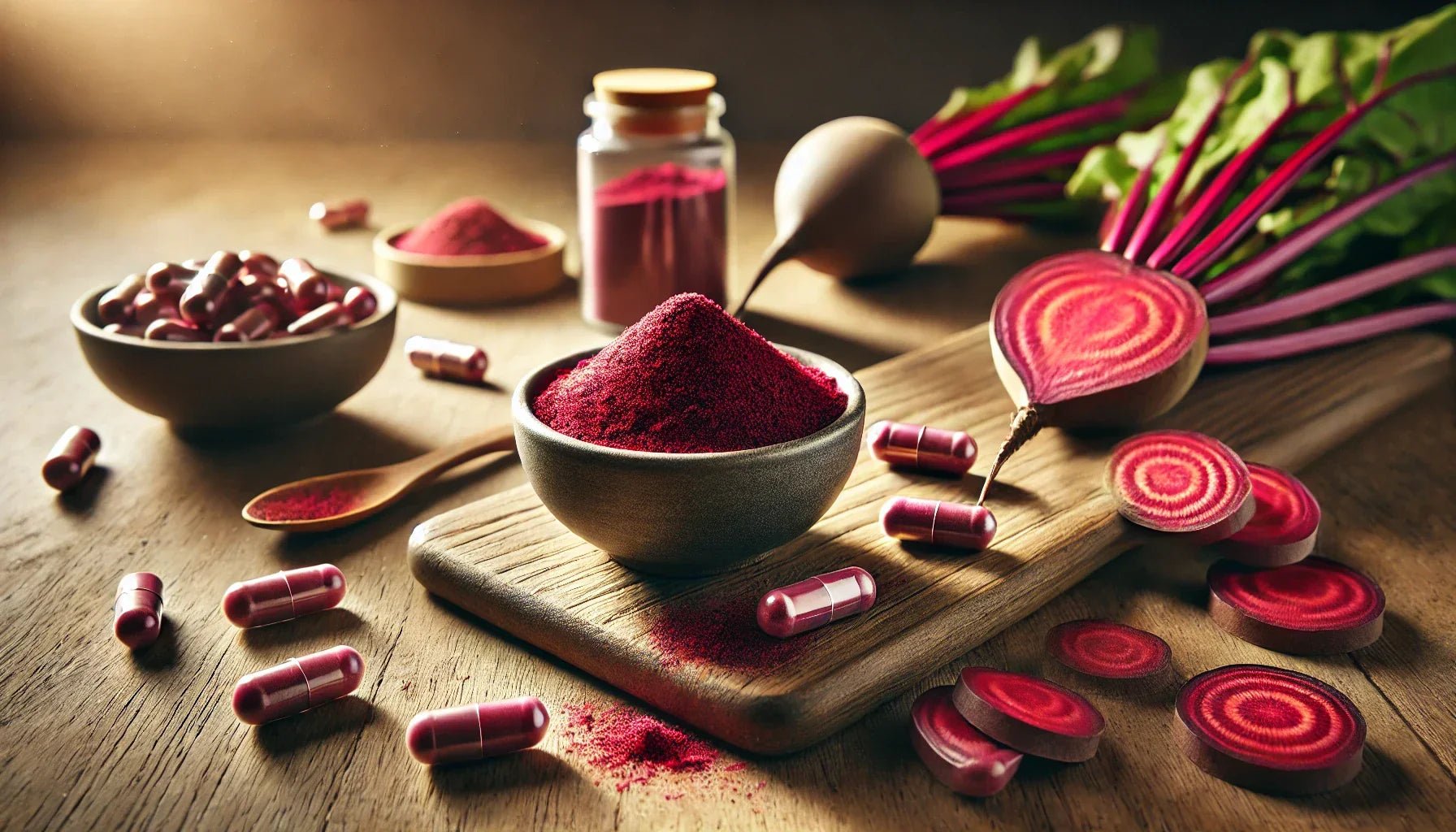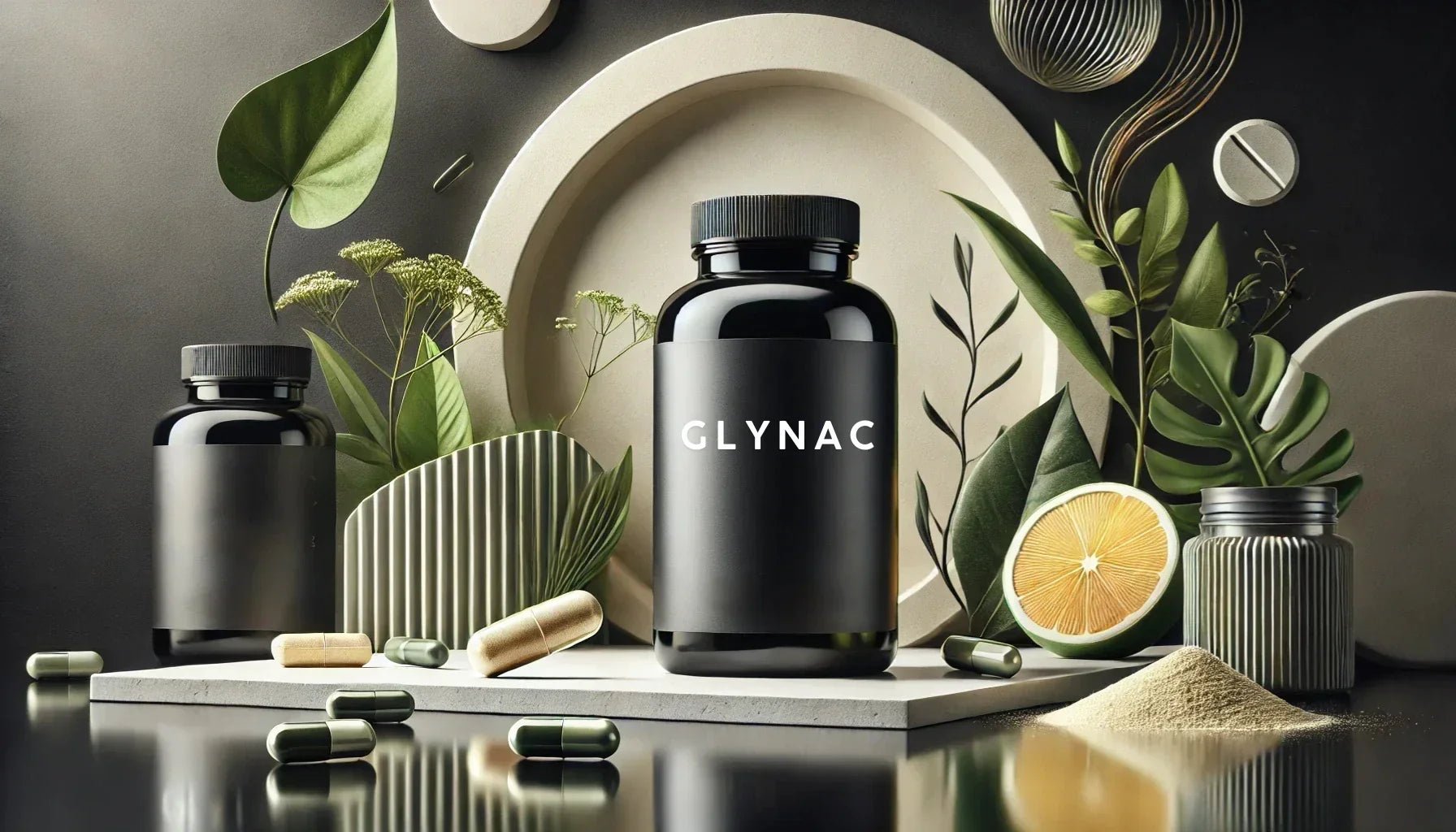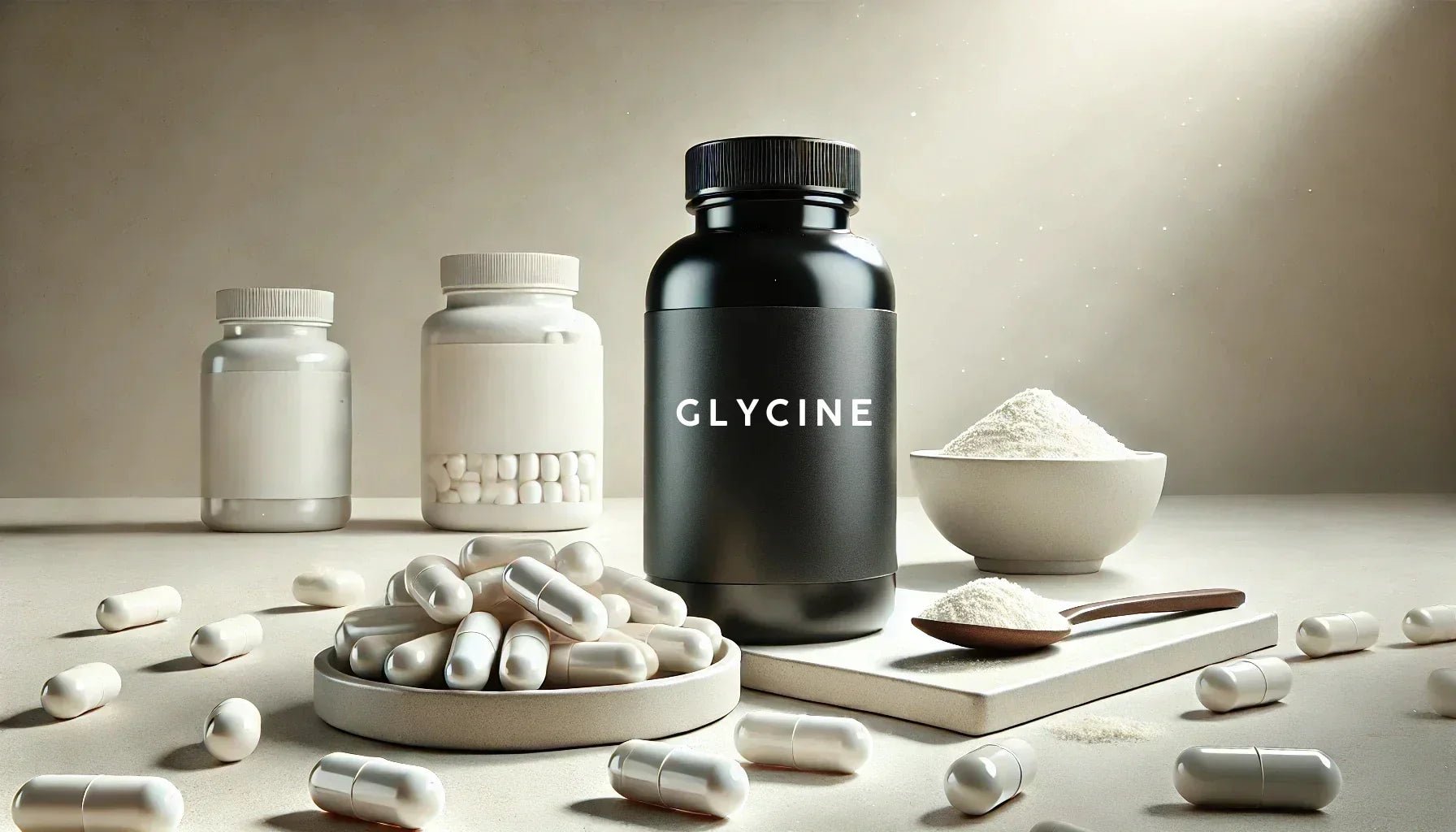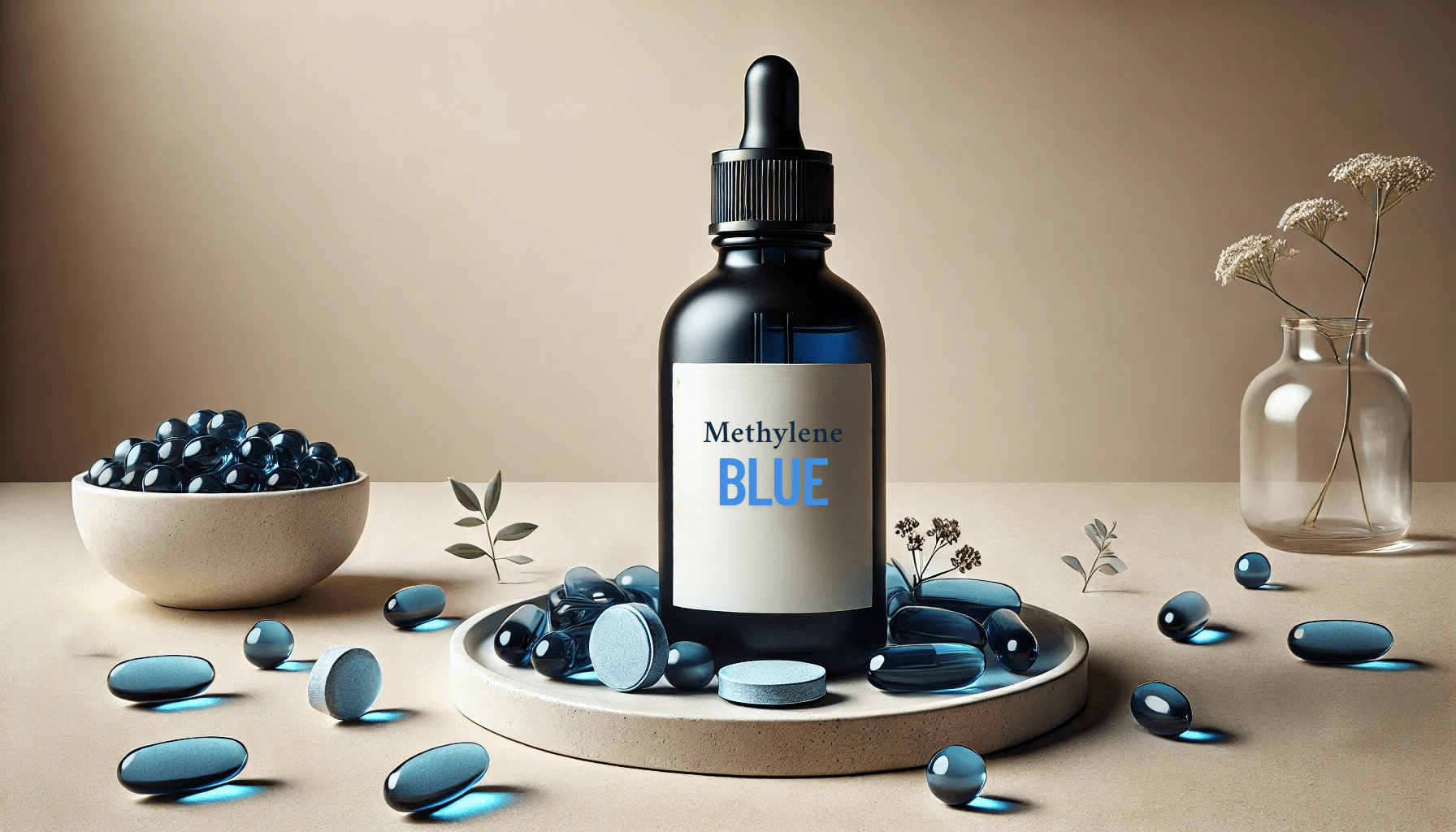As spring blossoms across the Northern Hemisphere, there's no better time to talk about the sunshine vitamin that's capturing the attention of health researchers worldwide. Vitamin D—that magical compound that's not actually a vitamin at all but a powerful steroid hormone—deserves the spotlight for its extraordinary range of benefits beyond just bone health.
The Sunshine Connection
Imagine standing in dappled sunlight, arms exposed to the warm rays for just ten minutes. In that brief moment, your skin is performing a remarkable alchemy—transforming sunlight into vitamin D, the hormone that powers countless functions throughout your body. This natural production is so efficient that just 10 minutes of forearm exposure to sunshine most days of the week provides sufficient vitamin D for many people. Unlike other vitamins that we must consume through diet, vitamin D is unique in that our bodies manufacture it when UVB rays touch our skin.
But here's where our modern lifestyle creates a paradox: despite having access to sunshine, approximately 70% of Americans are vitamin D deficient. We've become indoor creatures, shielded from the very element that provides this essential nutrient freely.
Beyond Bones: Vitamin D's Secret Powers
While vitamin D has long been celebrated for its role in bone health—helping your body absorb calcium and preventing conditions like osteoporosis—research reveals it's doing far more behind the scenes.
The Body's Master Key
Vitamin D functions like a master key in your cellular kingdom. Most organs and tissues in your body possess vitamin D receptors, suggesting its influence extends far beyond the skeletal system. This hormone helps:
- Muscles move with strength and precision
- Immune cells fight off bacteria and viruses
- Reduce inflammation throughout the body
- Regulate glucose metabolism
- Support cardiovascular health
The Creative Mind's Ally
For writers and creative professionals, vitamin D offers particular benefits. It increases the body's production of endorphins and helps modulate serotonin, both crucial for mood regulation. Even more fascinating for those who rely on mental focus, exposure to sunlight has been linked to higher noradrenaline excretion, which enhances alertness, vigilance, memory, and focus. Having trouble remembering your character's name or focusing during a writing session? Perhaps a sunshine break is the solution.
The Immunity Revolution
One of the most exciting frontiers in vitamin D research involves its relationship with our immune system. The groundbreaking VITAL study revealed that healthy individuals taking vitamin D supplements (2,000 IU daily) were 22% less likely to develop autoimmune diseases like rheumatoid arthritis and psoriasis over a five-year period.
This protective effect disappeared when supplementation stopped, suggesting that consistent vitamin D intake is necessary for long-term immune health. The study's findings were so compelling that researchers recommended vitamin D supplementation even for individuals with already sufficient levels.
Finding Your Optimal Sunshine Dose
The recommended daily amount of vitamin D varies by age:
- Infants (birth to 12 months): 10 mcg (400 IU)
- Children and teens (1-18 years): 15 mcg (600 IU)
- Adults (19-70 years): 15 mcg (600 IU)
- Older adults (71+ years): 20 mcg (800 IU)
While sunshine remains the most natural source, dietary options include:
- Fatty fish like salmon, tuna, and trout
- Fortified milk and plant-based alternatives
- Egg yolks, cheese, and mushrooms
For those living in northern climates or spending limited time outdoors, supplements offer a reliable alternative. However, caution is warranted—vitamin D toxicity can occur with excessive supplementation, causing brain fog and physical discomfort that may take weeks to resolve.
Dancing with the Sunshine Vitamin
As we move through 2025, consider reimagining your relationship with vitamin D. Perhaps it means a morning ritual of sunshine exposure before work, scheduling outdoor breaks during your day, or discussing appropriate supplementation with your healthcare provider.
The vitamin D revolution isn't just about preventing deficiency—it's about optimizing this powerful hormone's potential to enhance creativity, strengthen immunity, improve mood, and support overall vitality. In a world where we often seek complex solutions to health challenges, sometimes the answer is as simple as dancing in the sunshine.
Remember, even brief exposure to natural light—just enough time to dance to a favorite sunshine-themed song—can help regulate your circadian rhythm and boost your vitamin D production. Your body, mind, and creative spirit will thank you for this simple yet profound gift.











